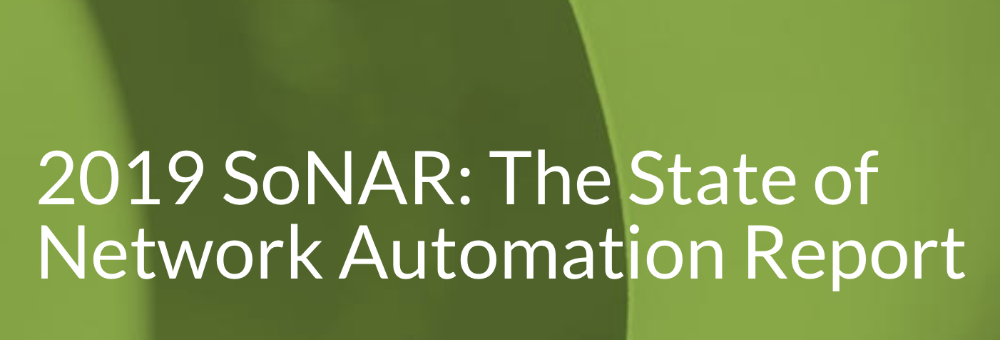Juniper Networks — which specializes in secure, AI-driven network — released the first edition of the State of Network Automation Report (SoNAR). With this report, Juniper aims to identify key trends and challenges to support enterprises and service providers in achieving increasingly business-critical automation objectives.
“The networking industry has seen decades of progress in the technology and tools that enable automation but despite becoming increasingly business critical, adoption continues to be a challenge,” says Sumeet Singh, vice president of Engineering at Juniper Networks. “At Juniper, we know that, while imperative, broad automation adoption will require enterprises to embark on transformational journeys that go well beyond products and technology. Through resources like SoNAR, EngNet, and NRE Labs we aim to provide the guidance enterprises need to succeed in this journey.”
SoNAR is the result of in-depth surveying with 400 independent IT decision makers and offers a broad view into the industry’s challenges and opportunities. This independent research shows that 96% of enterprises are taking a few steps toward automation, yet most are just beginning with only 8% of respondents stating they have been automating for more than four years. While the broad interest in automation is promising, it also shows how far the industry still has to go. Additional findings include:
° Focused efforts yield better results: The research showed that enterprises focusing their automation efforts to only some places in the network outperformed those automating across the entire network in a number of key categories, such as better business goal performance. While it might seem counter-intuitive, the report shows that it’s imperative for networking professionals to focus their efforts and resources while automating more deeply across a smaller cross-section of the infrastructure to transform culture, skills, processes and a toolset that can adapt to any place in the network once refined in a focused space.
° Security is the top driver of automation: While automation was historically seen as an opportunity to reduce resources and cost, SoNAR showed this thinking is outdated. Security was the top technology driver for 67% of respondents; the number is even higher for those automating in specific parts of the network (78%) and those automating across the entire network (71%) than enterprises just starting their automation journey. Additionally, agility was the top business driver and the most improved factor due to automation. Reducing costs and resources came in last for both categories, showing that automation is no longer just a cost saving measure but an increasingly important aspect of achieving business objectives.
° Automation drives job satisfaction: In addition to dispelling the myth that automation will lead to the disappearance of the network engineer, SoNAR highlighted that higher degrees of automation will lead to higher employee satisfaction rates. This suggests that automation can have rewards that extend well beyond just the infrastructure it supports and help unlock potential across enterprise IT teams.
° Networking professionals need support in reskilling: For those just starting the automation journey, a key challenge is the lack of education and resources. Over half of respondents in this category highlighted the lack of training as a key impediment. Specifically, 59% noted lack of time to learn on the job, 52% mentioned lack of knowledge necessary to access training (prerequisite knowledge) while 56% identified lack of training resources.
Automation is quickly becoming a critical, foundational element of the network as enterprises focus on multicloud, rapid application development and deployment, software-defined everything and much more. Yet most enterprises are still grappling with the challenges that this transition brings. Juniper’s focus is on helping enterprises on this journey through product and services addressing this need, as well as broader industry resources like SoNAR.



